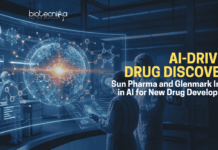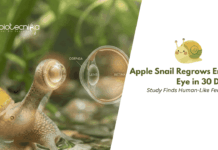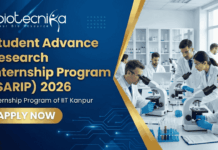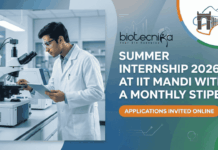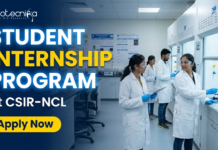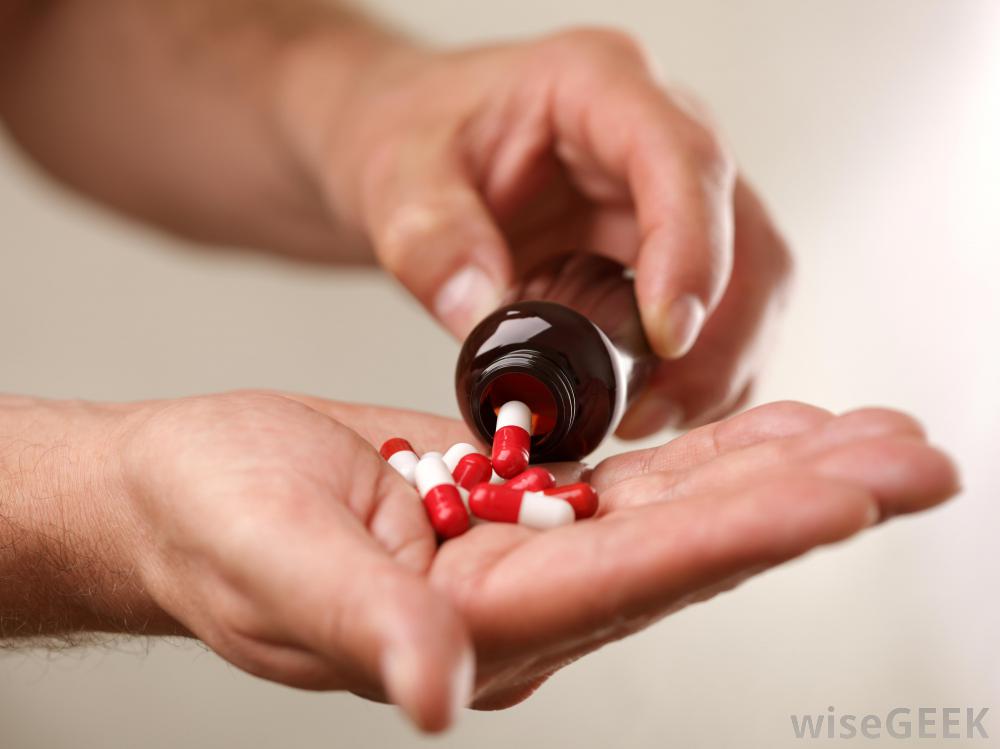Scientists Revamp Vancomycin to Take Out Superbugs
Antibiotics and similar drugs, together called antimicrobial agents, have been used for the last 70 years to treat patients who have infectious diseases. Since the 1940s, these drugs have greatly reduced illness and death from infectious diseases. However, these drugs have been used so widely and for so long that the infectious organisms the antibiotics are designed to kill have adapted to them, making the drugs less effective.
Each year in the United States alone, at least 2 million people become infected with bacteria that are resistant to antibiotics and at least 23,000 people die each year as a direct result of these infections.
Now, researchers at the University of Queensland have supercharged an old antibiotic to destroy some of the world’s most dangerous superbugs.
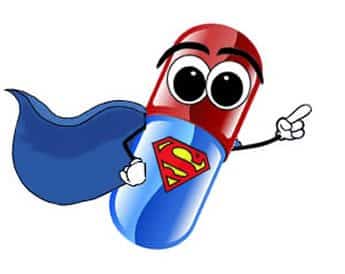
“We did this by modifying vancomycin’s membrane-binding properties to selectively bind to bacterial membranes rather than those of human cells, creating a series of supercharged vancomycin derivatives called vancapticins.”
The rebooted vancomycin has the potential to treat methicillin-resistant Staphylococcus aureus (MRSA) and vancomycin-resistant Enterococci (VRE).

“Hence many scientists are re-engineering existing drugs to overcome bacterial resistance, rather than searching for new drugs. Drug development is normally focused on improving binding to a biological target, and rarely focuses on assessing membrane-binding properties. This approach worked with the vancapticins, and the question now is whether it can be used to revitalise other antibiotics that have lost effectiveness against resistant bacteria.”
“Given the alarming rise of multi-drug resistant bacteria and the length of time it takes to develop a new antibiotic, we need to look at any solution that could fix the antibiotic drug discovery pipeline now,” said Professor Matt Cooper, co-author of the study.

